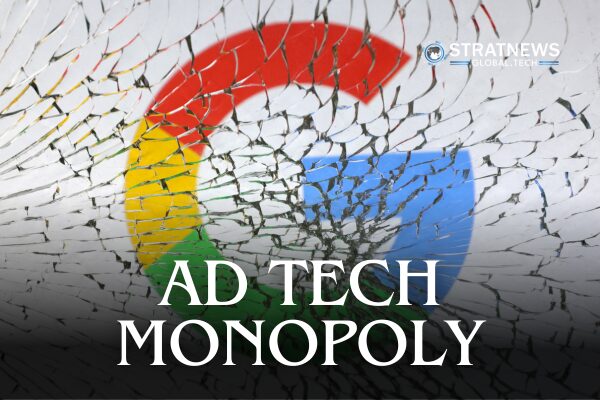Google Faces Legal Pressure Over Ad Tech Monopoly Ruling
A US judge has ruled that Google holds illegal monopolies in advertising technology. This decision opens the door for federal prosecutors to push for a potential breakup of parts of its ad business. The ruling marks a critical step in a broader legal battle to diminish the Google ad tech monopoly
Google Ad Tech Monopoly Lawsuit: What the Case Involves
Importantly, this case is not related to Google’s core business—search. Instead, it targets Google’s advertising technology, known as Google Network. This platform handles the auction-based system that advertisers use to buy digital ad space across the web. It also decides which ad is displayed, where, and at what cost.
Federal prosecutors argue that Google’s control over this technology unfairly blocks competitors. This harms web publishers, including news websites, by reducing their advertising options. Google maintains that its success is due to having better technology, not anti-competitive behaviour.
In 2024, advertising brought in about 75% of Alphabet’s total revenue of $350.02 billion. However, Google Network contributed only 8.7% of that total.
What Comes Next in the Legal Process
The judge who ruled against Google will now decide on the appropriate remedy. The US Department of Justice has requested, at a minimum, the separation of Google Ad Manager from the rest of the company. This platform is part of the Google Network and handled 4.1% of Alphabet’s overall revenue in 2020. It also contributed 1.5% to its operating profit that year.
Figures for more recent years have been withheld from public court records. However, any forced divestiture could significantly reshape Google’s ad operations.
Potential Impact on Google’s Business
Legal experts suggest that if the court orders divestitures, Google may only need to give up part of its display advertising business. This could lead to a drop in revenue of less than 10%, which is manageable for a company of Alphabet’s size.
Google has already shown a willingness to make changes. In 2023, it reportedly offered to sell its advertising exchange—a key part of Google Ad Manager—in response to pressure from European regulators. However, publishers rejected the offer.
Wider Implications and Political Support
The ruling could have far-reaching effects on Google’s entire ad tech suite. A successful case for the Department of Justice may make it easier for publishers and advertisers to switch to other platforms. This could increase competition in the digital ad space.
Notably, this case has support from both the Biden and Trump administrations. It shows rare bipartisan alignment in challenging Big Tech, highlighting the political momentum behind the case.
Meanwhile, a separate antitrust case concerning Google’s search business continues. That case is seen as even more critical to Google’s future. A trial for it is scheduled to begin soon in Washington.
Is This the Final Decision?
No, the legal process is far from over. Google has confirmed it will appeal the ruling. The judge must still decide what actions Google must take to resolve its monopoly status. Unless a settlement is reached, the case could continue for several years.
with inputs from Reuters


